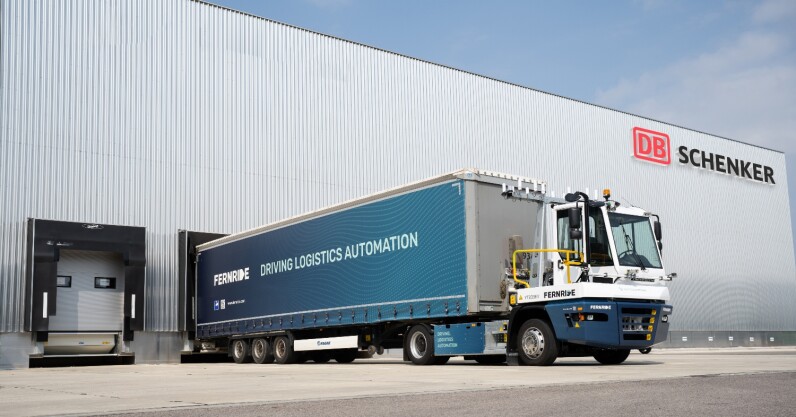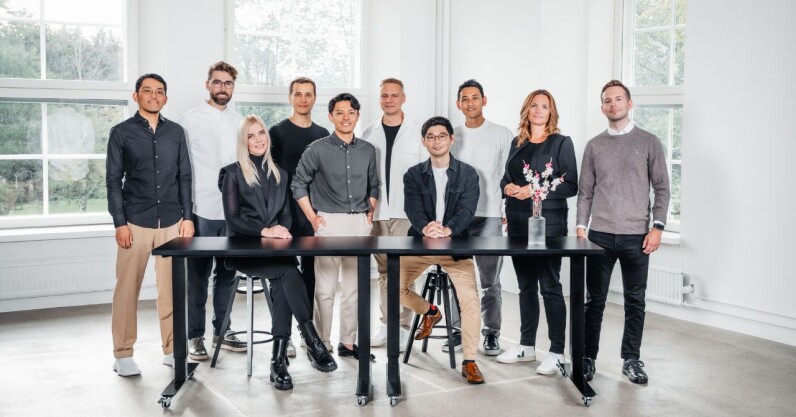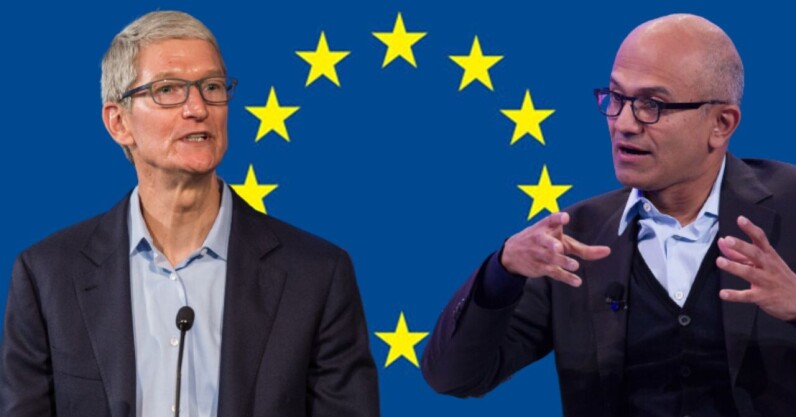When it comes to saving the world — or, let’s face it, civilisation, the planet will recover — there is no silver bullet. Rather, it is going to take a holistic approach of caring for the Earth and each other.
A technological revolution got us into this pickle. Ironically, technology might just be the Hail Mary that will pull us, if not entirely out of it, then at least away from the brink of total disaster. But in order for that to happen, it is us humans who need to set our minds — and money — to it.
Recently launched venture capital firm Transition wants to support emerging technologies looking to help our planet. This includes, but is not exclusive to, reducing carbon emissions. Based out of London with offices in Reykjavik and New York, the climate tech VC is the brainchild of a group of experienced funders who saw a tremendous gap between early stage and later stage funding in the sector.
“What we saw was that there was this real gap in the market where there was a lot of activity at angel stage and seed stage. And then there is an enormous amount of capital available for later stage investing, which will only grow due to climate-focused targets,” Kristian Branaes, one of Transition’s partners, previously with CPP Investments and Atomico, told TNW.

The <3 of EU tech
The latest rumblings from the EU tech scene, a story from our wise ol’ founder Boris, and some questionable AI art. It’s free, every week, in your inbox. Sign up now!
“But there are actually very few companies that make it out from all the great accelerators and incubators that exist, and very few that can absorb a lot of capital,” Branaes added, referring to an increasing interest from very large organisations, such as pension funds, to invest more in clean and climate tech. This means that a lot of technology currently being developed risks being left behind.
Indeed, data supports Branaes’ and his partners’ observations. A report published by Economist Impact last week found that, in 2021, only 6% of private investment in the sector went to emerging or early-adoption technologies. The remaining 94% was directed towards more mature tech, such as EVs, energy storage, and solar power.
Climate tech lost in translation
The relationship between equity investing and climate tech is an inherently complicated one. The two sectors, finance and science/engineering, not only have a different vocabulary but also work according to very different time horizons. To function well together, the funding side will need to get comfortable with different measures of success and potentially new revenue models. Meanwhile, scientist-founders need to find ways of translating innovation to commercialisation and business plans.
“We see a lot of scientists coming out of PhD or postdoc, towards the beginning of their academic professional career, that have been very much focused on one topic, or a very narrow scope, and completely understand that topic,” said Transition Venture Partner Bruis Van Vlijmen. The key to the “translation puzzle,” he states, is to be able to look up and see the complete picture.
And Van Vlijmen should know. He has trained on traditional thermo-mechanical storage systems at TU Delft in the Netherlands, and worked on ocean wave energy generation at UC Berkeley and energy storage solutions at Stanford, before becoming involved in the VC/startup ecosystem in the SF Bay Area.
“That translation [between science and business], I think, really comes from being able to kind of download all the scientific knowledge from the depths of your understanding to something like a common playing field and an economic framework that everyone can understand.”
In service of planetary life-support systems
Transition began raising funds in June 2022 (according to a Securities and Exchange filing amounting to $200mn). The firm focuses specifically on companies that will help restore/improve/reduce human detrimental impact on one of the “planetary boundaries.”
These were defined by a group of researchers in 2009, and are processes that regulate the stability and resilience of the Earth’s system at risk due to human activity — including climate, biodiversity, and land system change.
Exceeding the safe operation within these boundaries could, the researchers argued, “be deleterious or even catastrophic due to the risk of crossing thresholds that will trigger non-linear, abrupt environmental change within continental- to planetary-scale systems.”
In an update to the study published in Nature earlier this year, scientists found that humans have surpassed seven out of eight boundaries.
“We think of climate in a slightly broader way, rather than just focusing on, say, a specific CO2 cutoff point,” Branaes said. “And that’s because what matters to us is having a livable prosperous planet for all of us to enjoy.”
Unlocking the business side of innovation
This broader impact strategy is evident in the startups that Transition has chosen to back this far. Among them are Waterplan, which develops software for enterprises to measure, respond, and report on increasingly changing water risk. Others are plant-based plastics developer FabricNano, and SixWheel, which offers a swappable battery solution and charging network for trucks.
Another still is Phase Biolabs based out of Nottingham, UK, for which Transition led the seed round in 2022. The company uses a gas fermentation process where captured CO2 is introduced into a tank where it is “eaten” by patented microbes, which produces chemicals and fuels, similar to the process of making wine or beer.
“The biggest thing Transition has done for us is reinforce some of the key things that you need to kind of figure out or unlock on the business side of establishing a new company,” said David Ortega, founder, CEO and CTO, of Phase Biolabs.
“Because of their diverse and experienced team, they have been able to provide that guidance that someone like me, who lacks that experience, needs to try and make fewer mistakes,” Ortega continued, adding how important it is for scientists to learn how to translate their technology into a value proposition.
Along with Branaes, Transition’s other partners are Mona Alsubaei (formerly with Union Square Ventures), David Helgason (founder of Unity Technologies), and Ari Helgasson (previously an investor at Index Ventures and Dawn Capital, and co-founder of Uphance and ecommerce startup Fabricly).
There may not be one single solution that will solve the challenges we collectively face. However, as a Swedish saying goes, “small streams make great rivers.” If all the amazing innovation that exists and is yet to be discovered out there receives the right level of support, we may just stand a chance.














